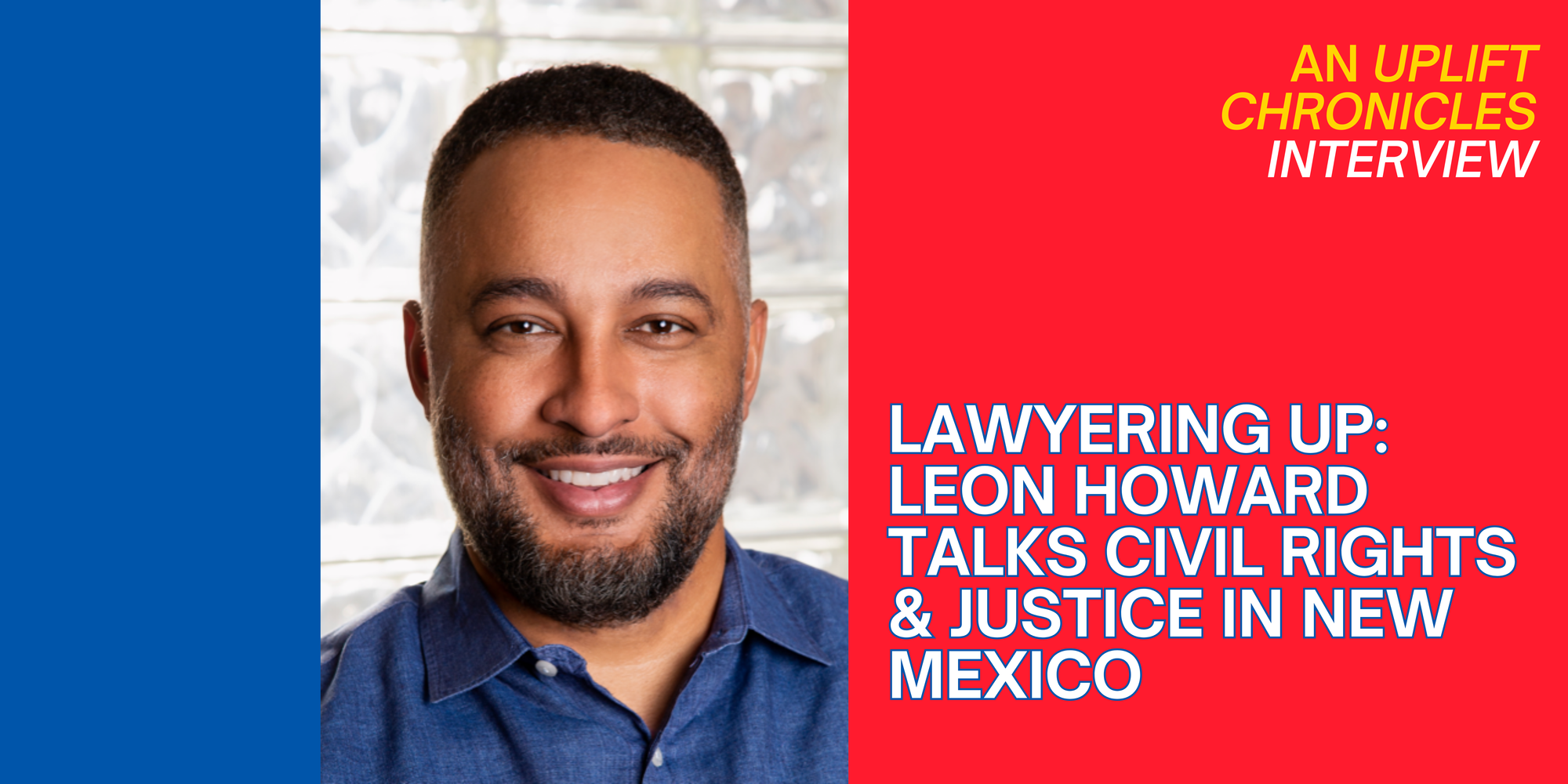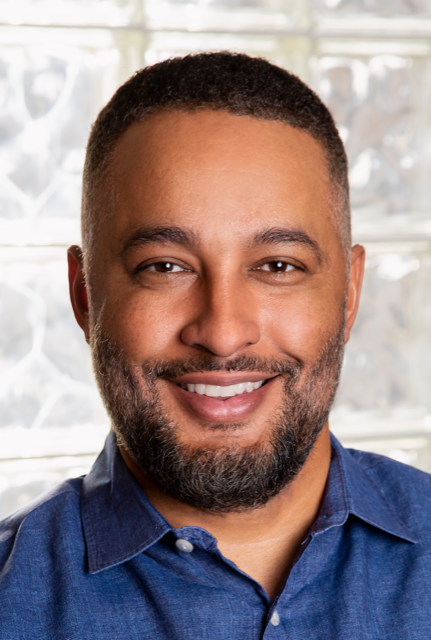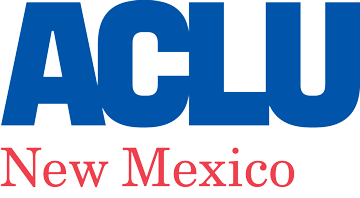Lawyering Up: Leon Howard Talks Civil Rights & Justice in New Mexico
Learn more about how and why local attorney Leon Howard came to the law and his work at the ACLU of New Mexico in this UpLift Chronicles interview.

By Samantha Anne Carrillo
Leon Howard’s path to civil rights law began in Albuquerque’s International District. "I grew up at San Pedro and Kathryn," he says. A graduate of Wilson Middle School and Highland High, he stayed in-state for college and law school. "I went to UNM for undergrad, ran track for a flash, and then went to UNM Law School as well."
His first exposure to the legal world came as a teenager. "My high school basketball coach’s wife worked at a law firm and got me a job as a runner," he recalls. "I had tremendous mentors—but nobody who looked like me." That contrast became even starker when he went to Metro Court. "I’d see so many people from my neighborhood with legal issues, but no one there to help them."
That realization set him on a path to law school. He joined the ACLU of New Mexico as a staff attorney in 2009, left for private practice, and returned in 2018 as legal director. "I came back to be on the front lines because of what was happening under the Trump administration," he explains. After longtime director Peter Simonson retired in 2024, Howard stepped into the role of interim executive director.

Breaking Legal Barriers for Students
One of Howard’s most impactful cases was Johnson v. The Board of Education for Albuquerque Public Schools, a lawsuit against APS for discrimination against Native American students. "A teacher called a student a ‘bloody Indian’ and cut another student’s hair," Howard says.
At the heart of the case was a legal question: were public schools considered public accommodations under the New Mexico Human Rights Act? "For decades, courts said no," Howard explains, citing a 1980 case involving a Black nursing student at UNM. "Most people assumed that was settled law."
The ACLU argued otherwise. "Our Human Rights Act was passed shortly after Brown v. Board of Education—it was inconceivable that public schools weren’t meant to be included," Howard says.
In January 2024, the New Mexico Supreme Court agreed, overturning the 1980 precedent. "Now, if students are targeted with discrimination by teachers in public schools, they can be held civilly liable," Howard says. "That’s a major shift."

The Urgency of Representation in Law
Howard sees legal representation as crucial to fighting systemic discrimination. "At the end of the day, when you're an attorney, you're a storyteller," he says. "If you understand where someone comes from, you can tell their story more authentically."
But the legal profession remains overwhelmingly white. "It’s one of the least diverse professions in the country," he says. "And lawyers touch everything—housing, education, public safety, health. When policies keep failing communities of color, that lack of representation matters."
For seven years, Howard co-chaired the Committee on Diversity in the Legal Profession, but he’s alarmed by political attacks on diversity initiatives. "There’s a direct assault on these efforts," he says. "
Defending Civil Rights in a Shifting Landscape
Despite these challenges, Howard sees New Mexico as a place where civil rights are gaining ground. "Post-George Floyd and Breonna Taylor, our legislature passed the New Mexico Civil Rights Act in 2021," he says. Previously, civil rights cases had to go through increasingly hostile federal courts.
"Our state constitution interprets civil rights more protectively than the federal one," Howard explains. "That means we can now bring these cases in state court, where we have a better chance at justice."
The fight is far from over, but Howard is clear about the urgency of his role. "It’s constant," he admits. "But we live in a state that is doing what it can to fight back."
